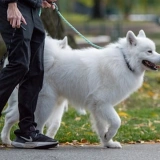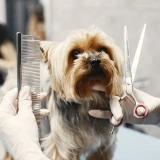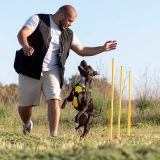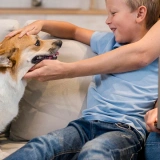Whippets are intelligent and sensitive. They respond best to gentle, positive training and can become withdrawn if handled too harshly. They do well with other dogs, especially fellow sighthounds, but their prey drive means smaller animals (like cats or rabbits) may not be safe unless raised together.
Their short coat is very low-maintenance and sheds minimally. However, they don’t tolerate cold well and may need dog jackets in colder climates. Common health issues include heart problems, eye conditions, and anesthesia sensitivity due to low body fat. A safe, fenced area is important—Whippets may chase moving objects without thinking.







